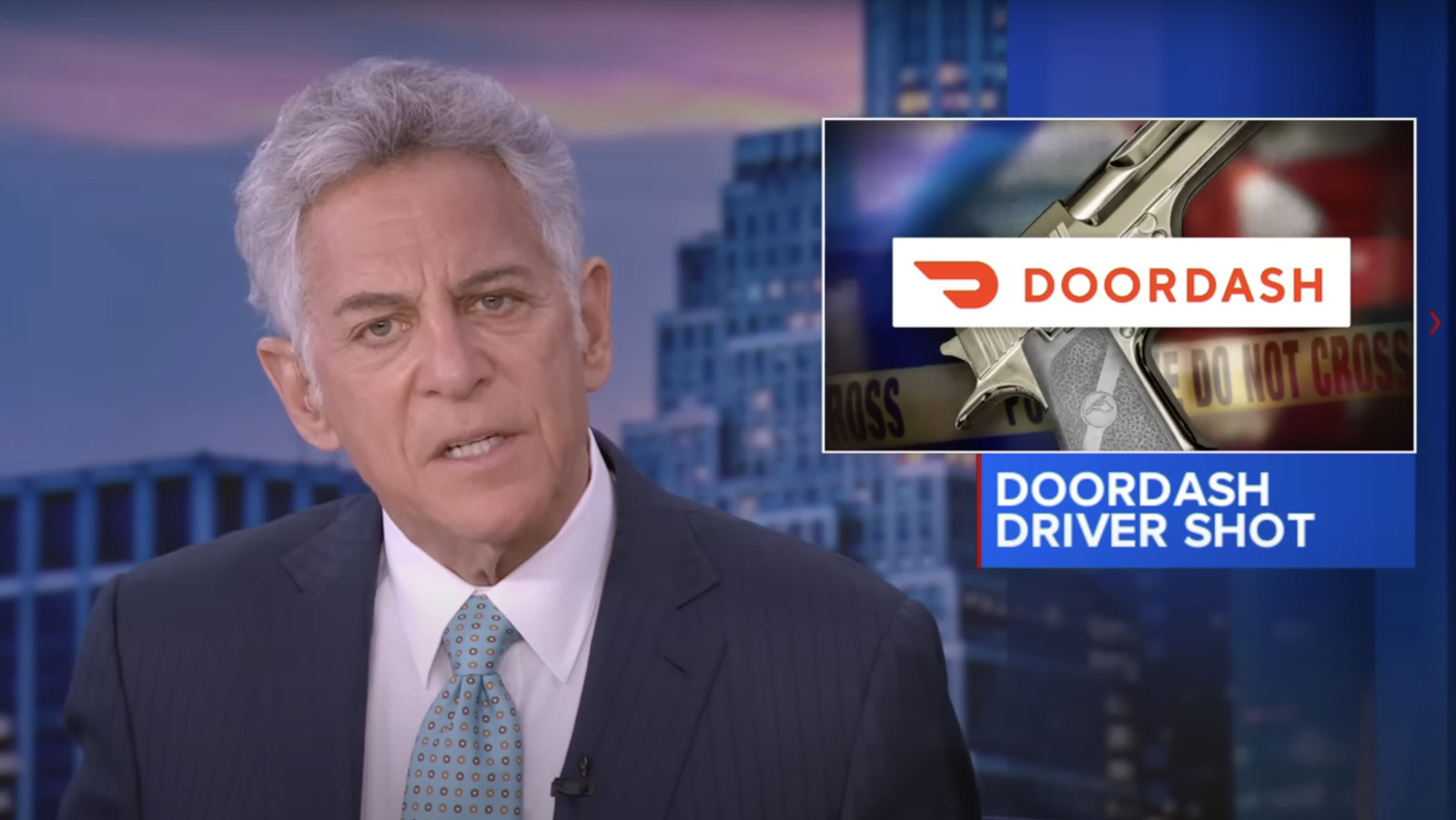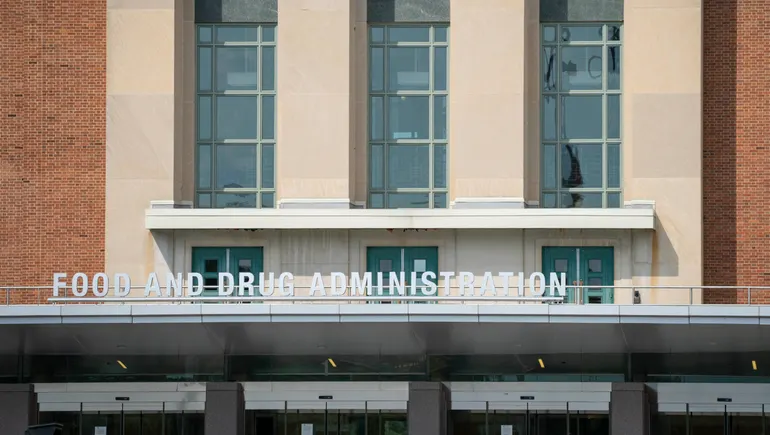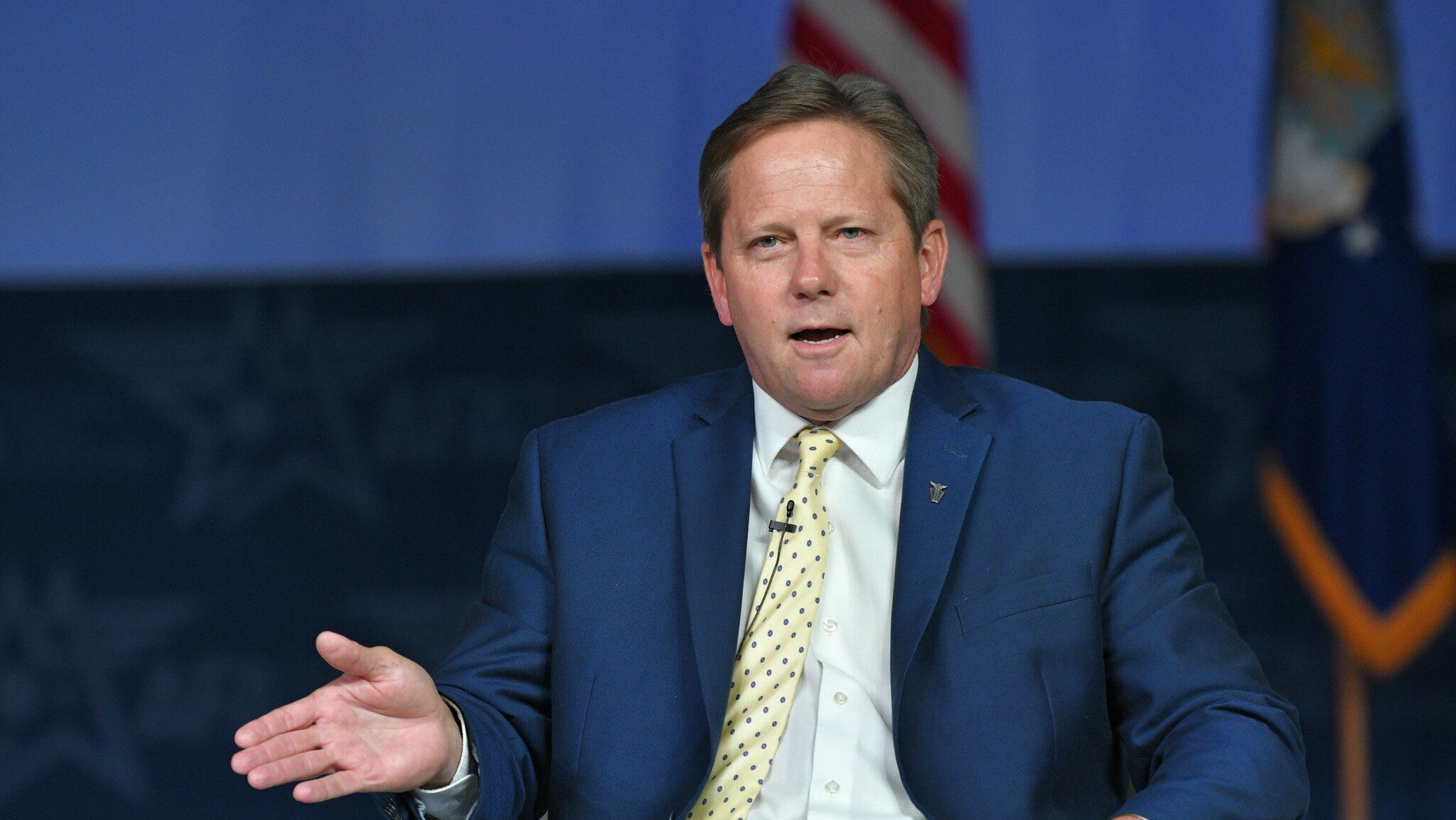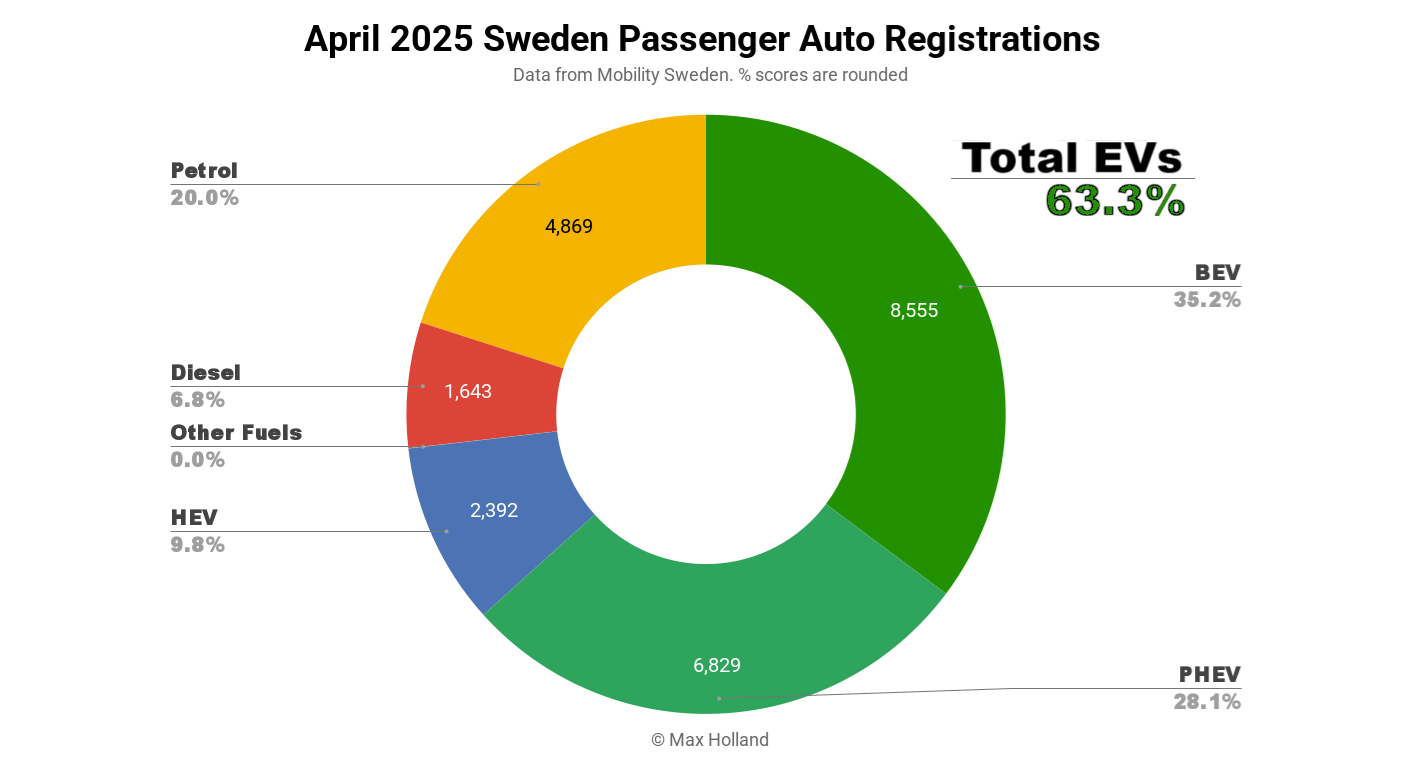Trump’s pick to lead DOD personnel wants to curb DOGE data access
But Anthony Tata, a retired Army general, couldn’t outrun past inflammatory and social media posts during his nomination hearing.

“If I'm confirmed, before DOGE is able to access anything with regard to personnel and personal protected information, there will be some kind of contract that prevents them from doing certain things,” Anthony Tata, the retired general and Fox commentator nominated to be defense undersecretary for personnel and readiness, told the Senate Armed Services Committee. “I haven't worked with DOGE. I don't know DOGE, but what I do know is men and women in the military and their families deserve to have their privacy protected, and I will commit to them, and I will commit to you, to doing everything possible to get between anyone that wants to get their data and use it for any other reason.”
The comments follow whistleblower revelations that the White House team led by tech billionaire Elon Musk took sensitive data from the National Labor Reserve Board and is cleared to do so elsewhere.
But Tata’s commitment to data privacy was overshadowed by past inflammatory remarks, such as calling President Barack Obama a “terrorist leader” and supporting a purge of high-ranking military officials based on their political support of President Donald Trump.
In 2020, Tata withdrew from his nomination as Pentagon personnel chief after his Islamaphobic comments surfaced. He was later appointed as deputy defense undersecretary for policy, a position that doesn’t require Senate confirmation. Due to several vacancies in top Senate-confirmed roles, Tata ended up performing the duties of the defense undersecretary for policy.
At Tuesday’s hearing, several Democratic senators questioned Tata about his views, particularly the implication that individuals in non-partisan roles be aligned with a politician.
In a Nov. 8, 2024, social media post, Tata called for the “review” of all four-star military and senior executive service civilian officials appointed during the Biden administration and the appointment of “strong leaders who are aligned with POTUS vision [sic]. No independent agendas.” In a Nov. 27, 2024, post, Tata speculated that Joint Chiefs Chairman Gen. CQ Brown hadn’t “denounced the plotting to disobey presidential orders.”
Sen. Elizabeth Warren, D-Mass., said Tata’s post suggests a belief that “generals should be picked for loyalty to Donald Trump. Is that right? Is that what you believe?”
Tata said no. He said his comments were a response to a CNN article that reported that several defense officials were having informal discussions on what would happen if the commander-in-chief issued an unlawful order. Tata insisted the article discussed disobeying lawful orders from a sitting president.
“The Trump ‘Agenda 47’ is one, peace through strength, strengthening, rebuilding our military, focusing on not engaging in needless wars. And that tweet was in direct response to a CNN article that discussed credible sources of generals and admirals having conversations about how to resist lawful orders from the commander in chief, who is appointed under Article II of the Constitution,” he said. “And so I found it quite unacceptable.”
But that answer didn’t work for Sen. Jack Reed, D-R.I., who said Tata’s response didn’t comport with the thrust of the article.
“The general has been making references to a CNN article, which I think he did not fully read,” said Reed, the ranking member for the Senate Armed Services Committee. “So contrary to being an article directed at thwarting the President, this was an article realistically raising questions which are still present here today. What if the president, who has said due process is not really something he has to enforce in the Constitution…What about a president who's talking about his third term? Will he use the military forces to help secure his third term?”
Reed pointed out that the interpretation that those informal discussions in the CNN article were about thwarting the president came from a CNN segment with Scott Jennings and Wolf Blitzer discussing the article.
“Let's remember how this works. He got elected president. He's the commander in chief. He gives the orders. They follow them. And so I don't like the idea, candidly, Wolf, of non-elected government people at any level having meetings with each other on how to thwart the duly elected President of the United States,” Jennings said. ]]>

















































































































































